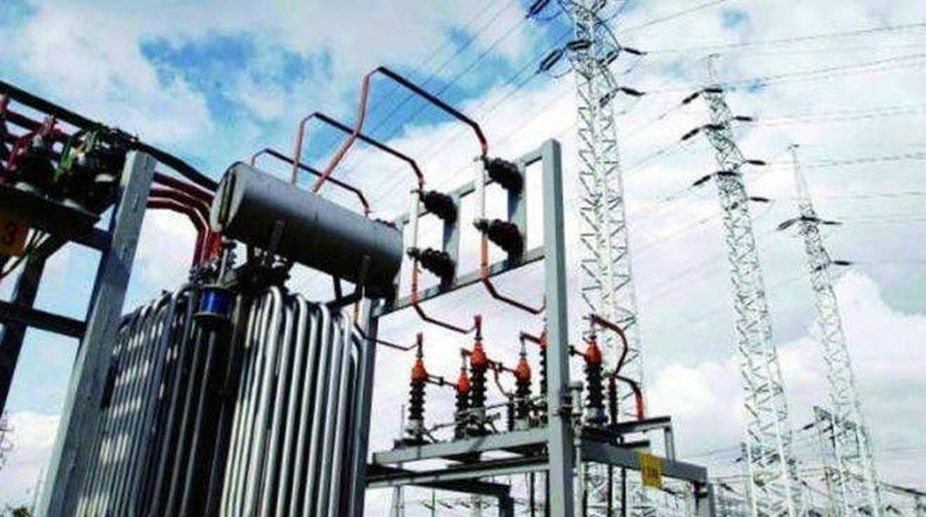Punjab: Five veterinary officers dismissed
In a bold move to address negligence and absenteeism, Punjab Animal Husbandry Department on Thursday terminated the services of five veterinary officers with immediate effect.
In a letter to the Union power minister, CM Mann said the state in order to provide uninterrupted supply of power to the farmers the state has no option but to avail of surplus power from the Central pool.

Representational Image (PHOTO: Getty Images)
To meet the expected peak demand of 15,500 megawatt (MW) during the ensuing paddy season, Punjab Chief Minister Bhagwant Mann on Tuesday urged the Union Power Minister RK Singh to allocate round-the-clock (RTC) power of 1000 MW from the Central pool.
In a letter to the Union power minister, Mann said in order to provide uninterrupted supply of power to the farmers of the state, the Punjab State Power Corporation Limited (PSPCL) is continuously keeping a watch over the power availability on the surplus power portal (PUShP). However, as of now the availability of power on the portal is uncertain, for a shorter span and on a day-to-day basis only.
He said as the demand for electricity cannot be met through the collective transaction segment of power exchange, the state is in need of firm allocation of RTC power of 1000 Megawatt for the period from 15 June to 15 October.
Advertisement
The chief minister said this requirement of additional power is further necessitated due to the recent Indian Meteorological Department prediction of low monsoon rainfall in North-Western India, including Punjab.
For food security, cultivation of paddy in a smooth and hassle-free manner is in the national interest. The CM, therefore, impressed upon the Union minister to allocate additional firm power from Central sector generating stations.
In this context, Mann informed that Punjab was getting regular coal supply from Pachhwara (Central) Coal Mine for State Thermal Plants. However, the total generation capacity within the state is limited to about 6500 MW, whereas the peak demand is likely to touch 15,500 MW during the paddy season.
Under the circumstances, he called Central assistance is imperative to meet the peak demand for power.
Advertisement